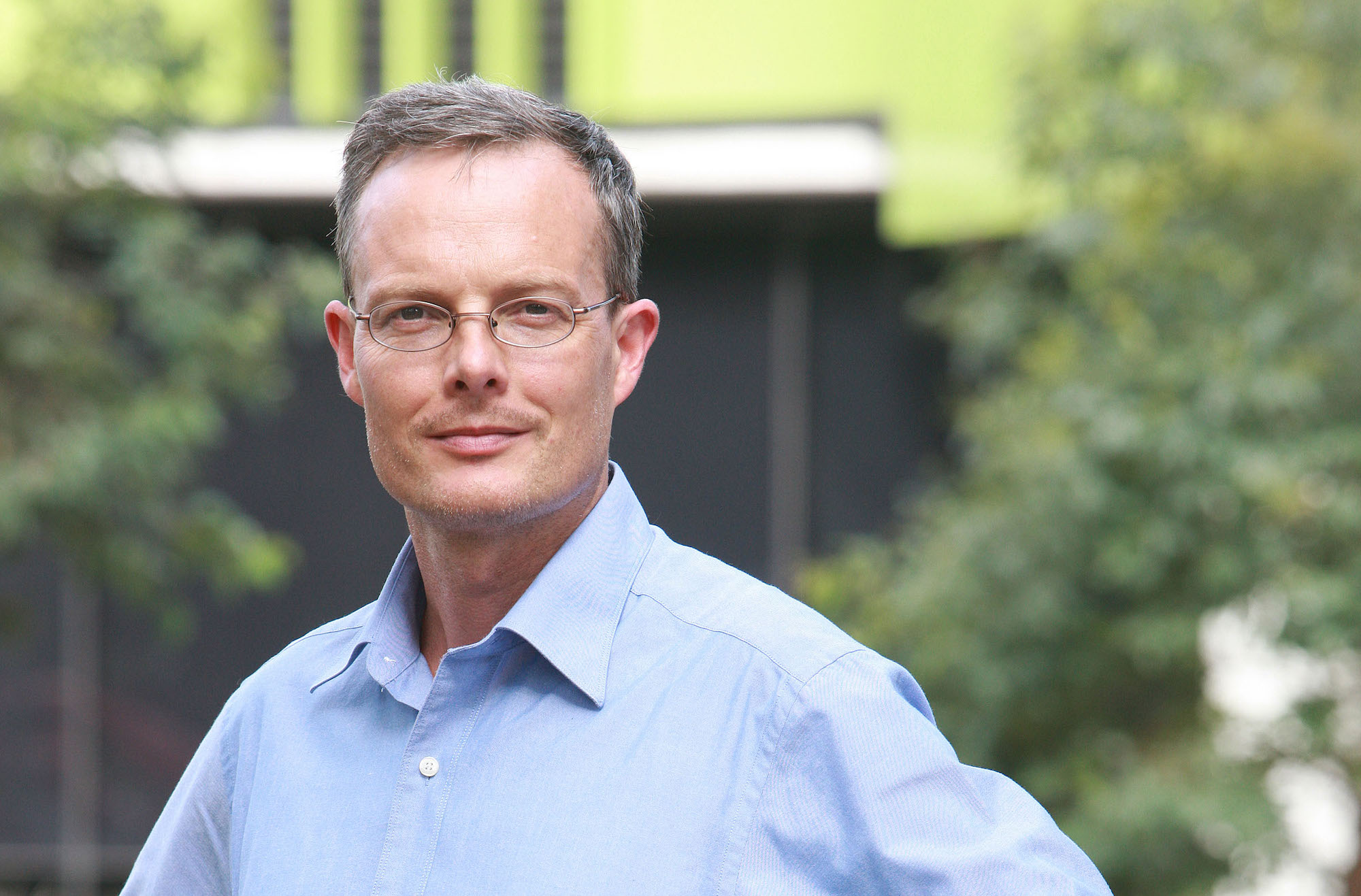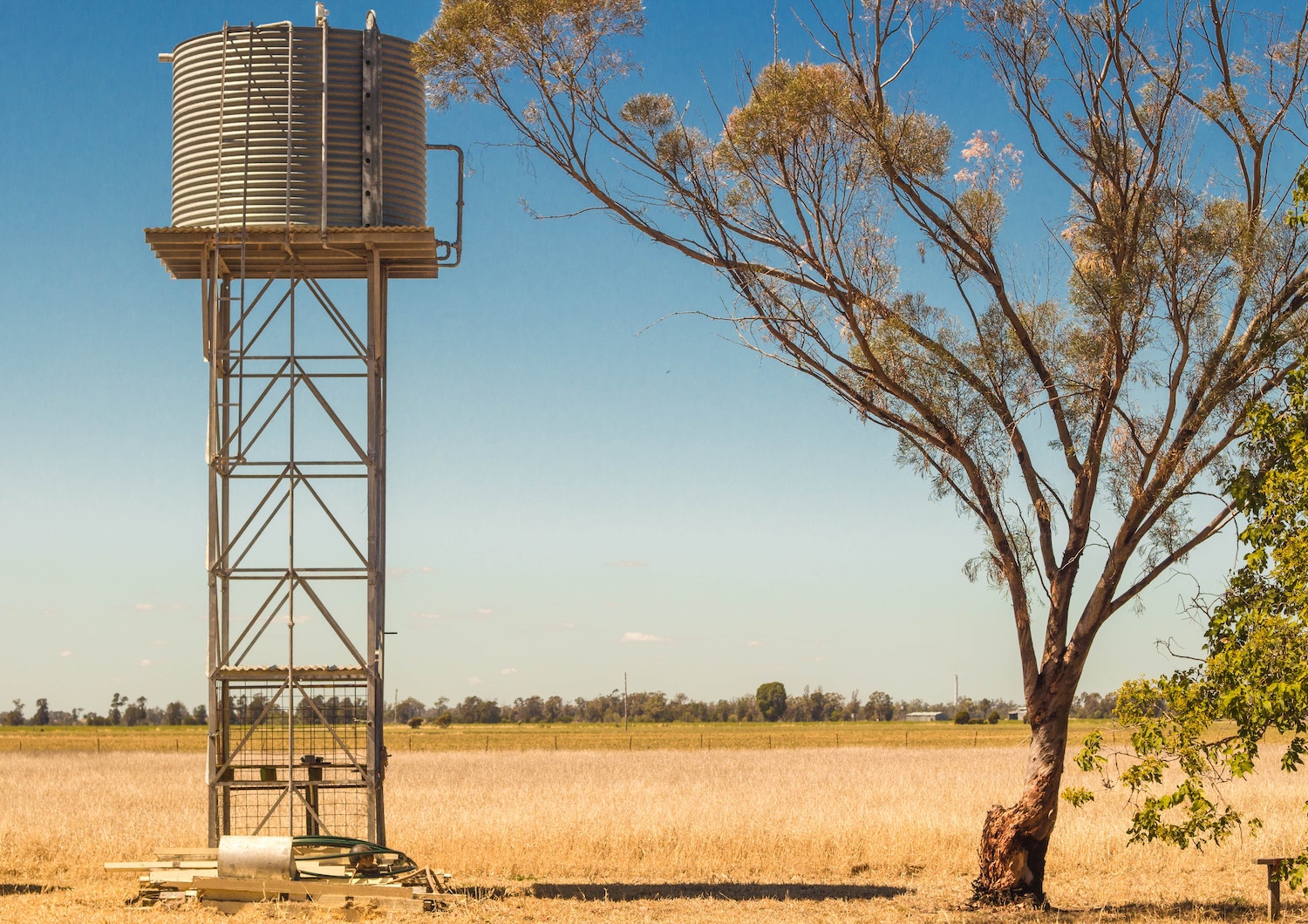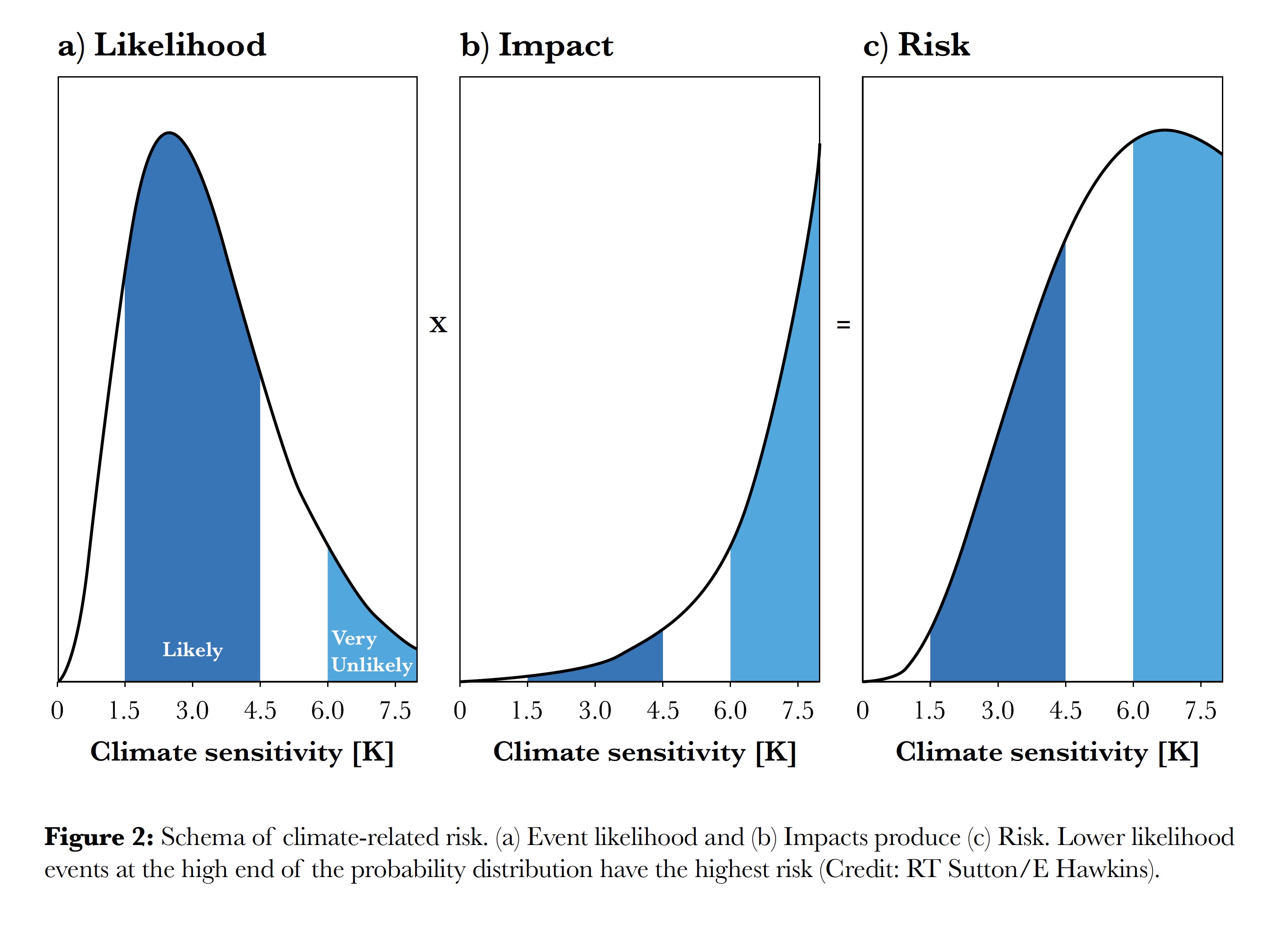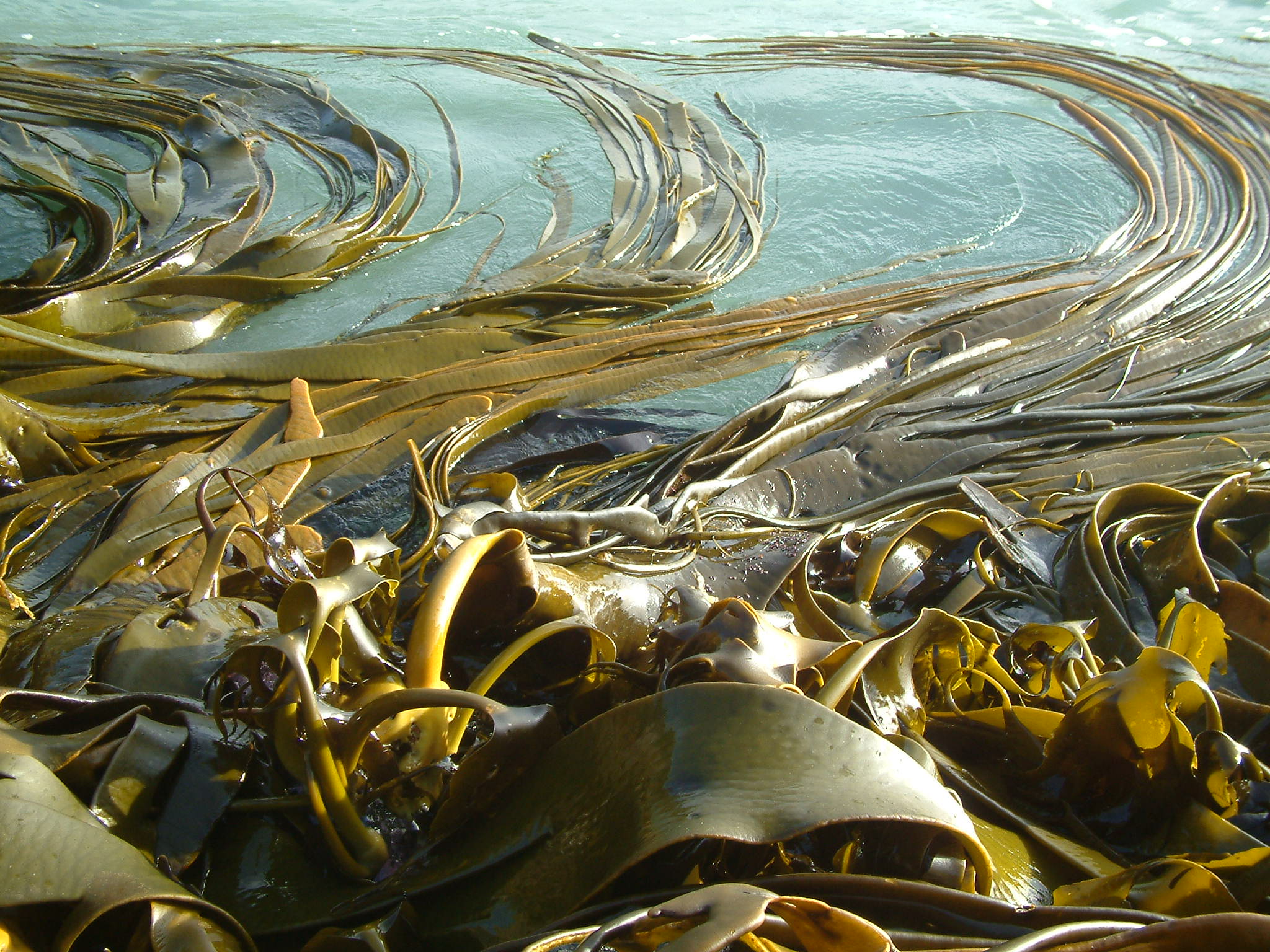-
CLEX Director Prof Andy Pitman awarded Order of Australia

Centre Director Prof Andy Pitman who has been awarded an Order of Australia (AO) “for distinguished service to science as a leading researcher, particularly of climate systems and the environment”.
-
Heat difference at night between city and country increases with heatwaves

It’s normal for cities to be warmer than surrounding rural areas at night but researchers from the ARC Centre of Excellence for Climate Extremes at Monash University found heatwaves make this difference almost two and a half times greater under some heatwave conditions.
-
El Niño Southern Oscillation (ENSO) risks for Western Australian graziers

Bella Blanche writes about spending time on the vast Macfarlane Station in Tambo, Queensland and introduces a methodology to assess risks posed by climate change, and the vulnerability of the native rangeland resources located west of the Great Dividing Range.
-
Hail the new storm app for citizen science, WeatheX

If you are a stormchaser or just someone who loves the theatre of wind, lightning, heavy rain and hail when a storm whips through, then you are perfectly placed to help climate science with the new WeatheX app.
-
Extreme Rainfall RP workshop, October 4, 2018

The Extreme Rainfall Research Program of the Centre of Excellence for Climate Extremes (CLEX) held a workshop on October 4 at the University of New South Wales (Sydney). There were 30 participants representing the CLEX nodes, Bureau of Meteorology, CSIRO, NSW Office of Environment and Heritage and National Centre for Atmospheric Research.
-
Understanding the origin of ENSO diversity for improved forecasts

Forecasting El Niño Southern Oscillation (ENSO) events, and anticipating how they may change with global warming remains a significant challenge for climate researchers. An ENSO complexity workshop held in November 2017 produced a follow-up paper summarising what we know about ENSO and its predictability.
-
New report, What lies beneath, takes a different view of climate impacts

This report is not intended as a “science paper”, rather its designed to translate science into action and highlight risks in the way businesses, the military and emergency services should treat risk when it becomes existential.
-
CLEX undergraduate scholarships

The ARC Centre of Excellence Undergraduate Summer Scholarships in Climate Extremes are highly competitive scholarships intended to provide undergraduate students from Australian universities an introduction to cutting-edge climate science research at one of our five universities, or our national partners- CSIRO, Bureau of Meteorology and Department of Environment.
-
Kelp’s record journey exposes Antarctic ecosystems to change

When Chilean researcher Dr Erasmo Macaya from Universidad de Concepción and Centro IDEAL stumbled upon foreign kelp washed up on an Antarctic beach, he knew he had found something significant. Research by an international, multidisciplinary team of scientists reveals just how important that finding was.
-
Climate change to worsen Eastern Australia’s winter pollution

Asthmatics and those affected by polluted environments living around major cities along Australia’s east coast could find life much harder over the next 50 years as stronger inversion layers caused by climate change trap more pollution.
